This is a library for a generation that understands knowledge, values and ethics are the basis for the development of a more inclusive society
Teresa e Alexandre Soares dos Santos
This is a library for a generation that understands knowledge, values and ethics are the basis for the development of a more inclusive society
Teresa e Alexandre Soares dos Santos
Get the most out of Teresa e Alexandre Soares dos Santos Library. Navigate our library's book collection, subscribed databases and other useful links.
Explore our guidelines and insights on how to find valuable information for your research needs.


The 2021 International Open Access Week will be held from October 25-31. This year’s theme will be “It Matters How We Open Knowledge: Building Structural Equity.”
This year’s theme intentionally aligns with the recently released UNESCO Recommendation on Open Science, of which Open Access is a crucial component. Circulated in draft form following discussion by representatives of UNESCO’s 193 member countries, the Recommendation powerfully articulates and centers the importance of equity in pursuing a future for scholarship that is open by default.
Open Science should embrace a diversity of knowledge, practices, workflows, languages, research outputs and research topics that support the needs and epistemic pluralism of the scientific community as a whole, diverse research communities and scholars, as well as the wider public and knowledge holders beyond the traditional scientific community, including Indigenous Peoples and local communities, and social actors from different countries and regions, as appropriate. (UNESCO Recommendation on Open Science, Page 7)
As the first global standard-setting framework on Open Science, the UNESCO Recommendation will provide an important guide for governments around the world as they move from aspiration to the implementation of open research practices. This year’s theme of “It Matters How We Open Knowledge: Building Structural Equity” highlights the Recommendation’s call for equitable participation for all producers and consumers of knowledge.
Open Science should play a significant role in ensuring equity among researchers from developed and developing countries, enabling fair and reciprocal sharing of scientific inputs and outputs and equal access to scientific knowledge to both producers and consumers of knowledge regardless of location, nationality, race, age, gender, income, socio-economic circumstances, career stage, discipline, language, religion, disability, ethnicity or migratory status or any other grounds. (UNESCO Recommendation on Open Science, Page 7)
More information soon…
